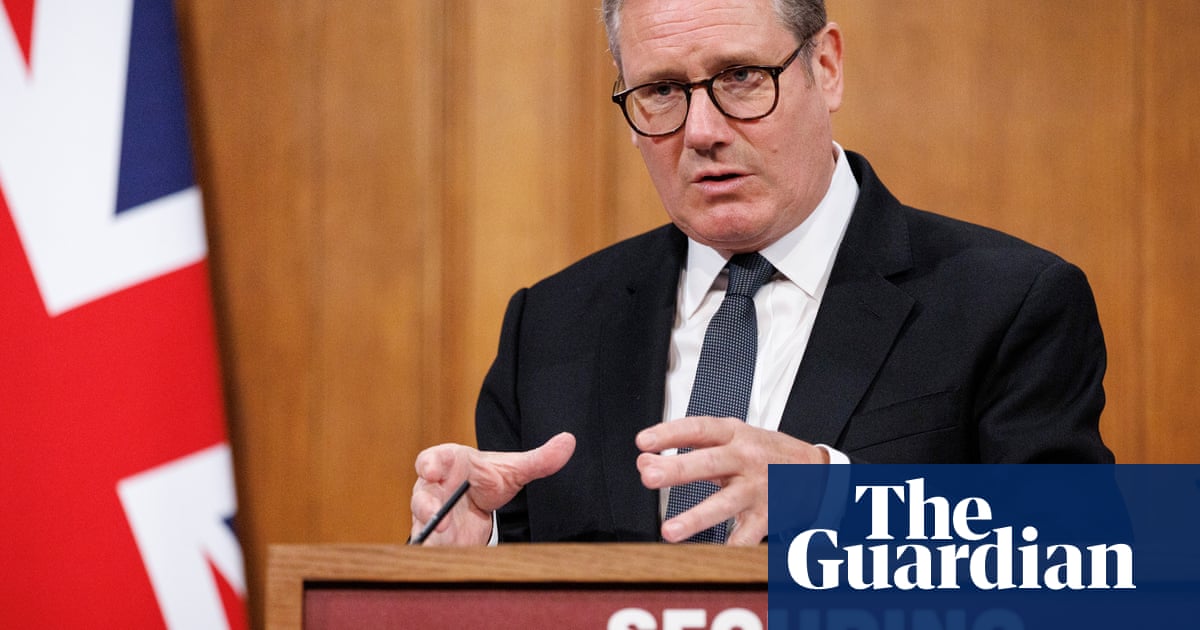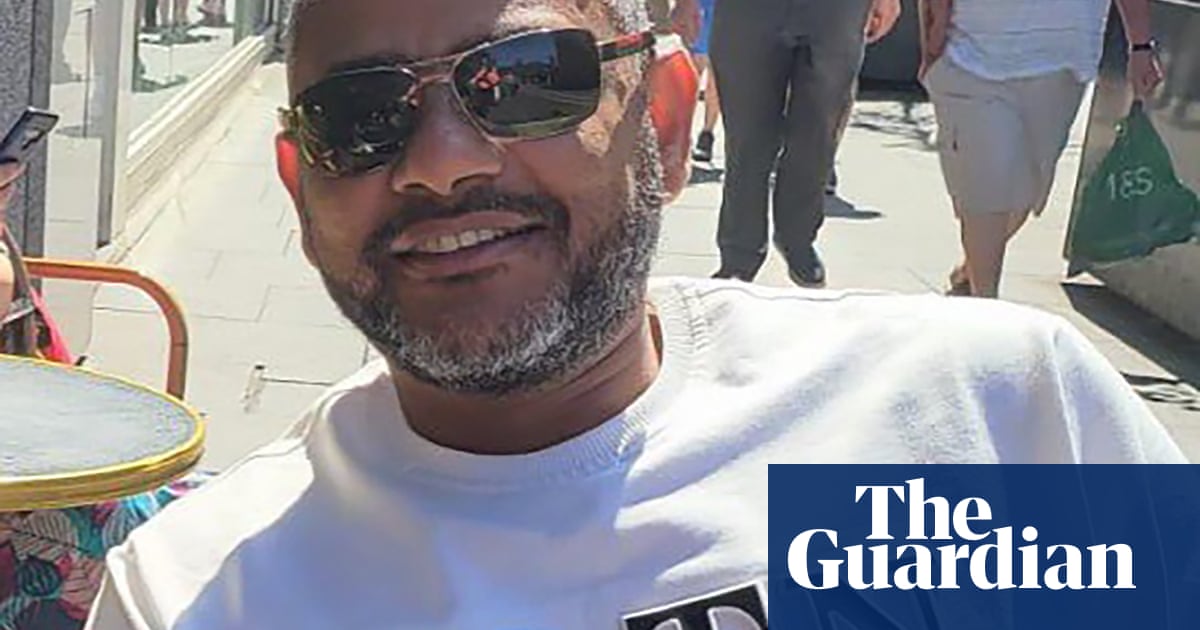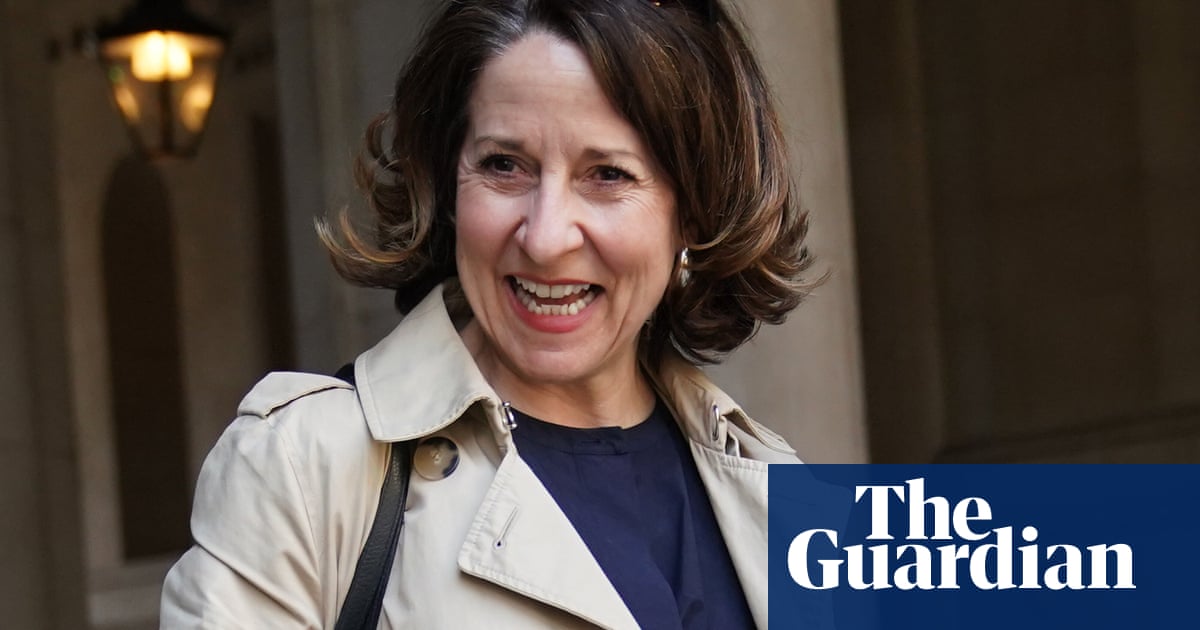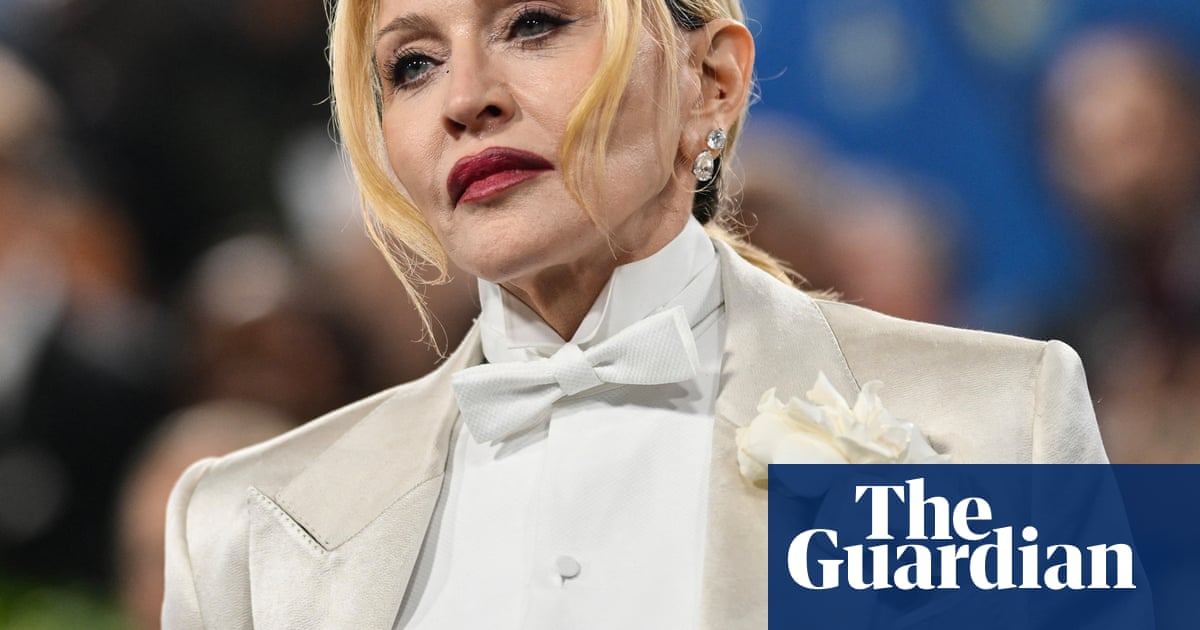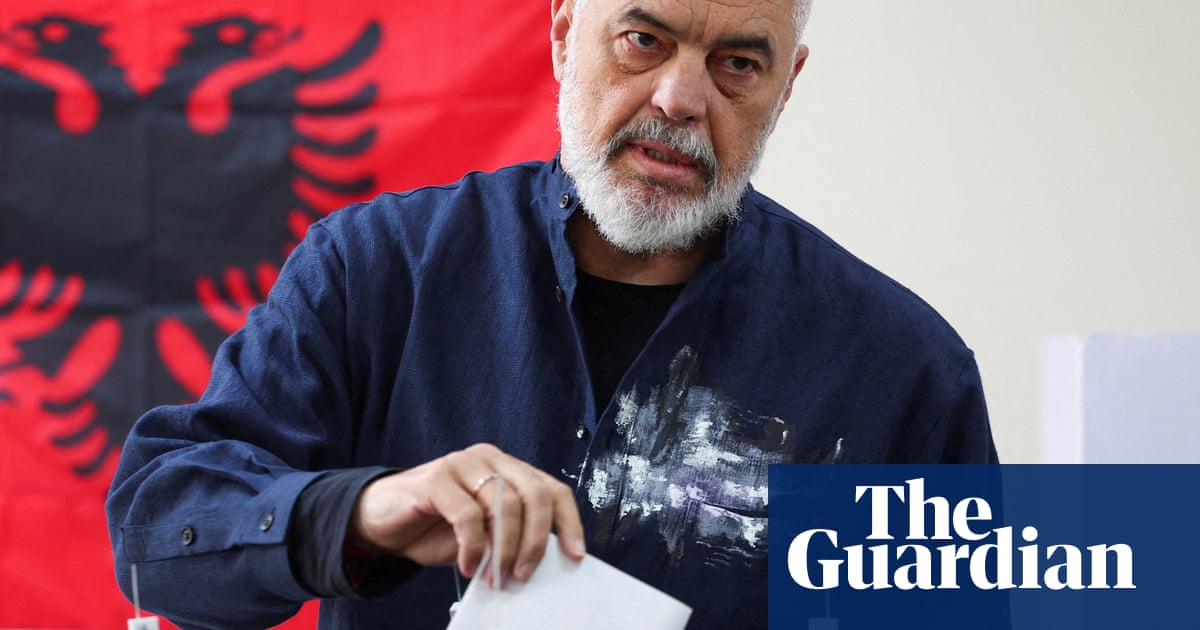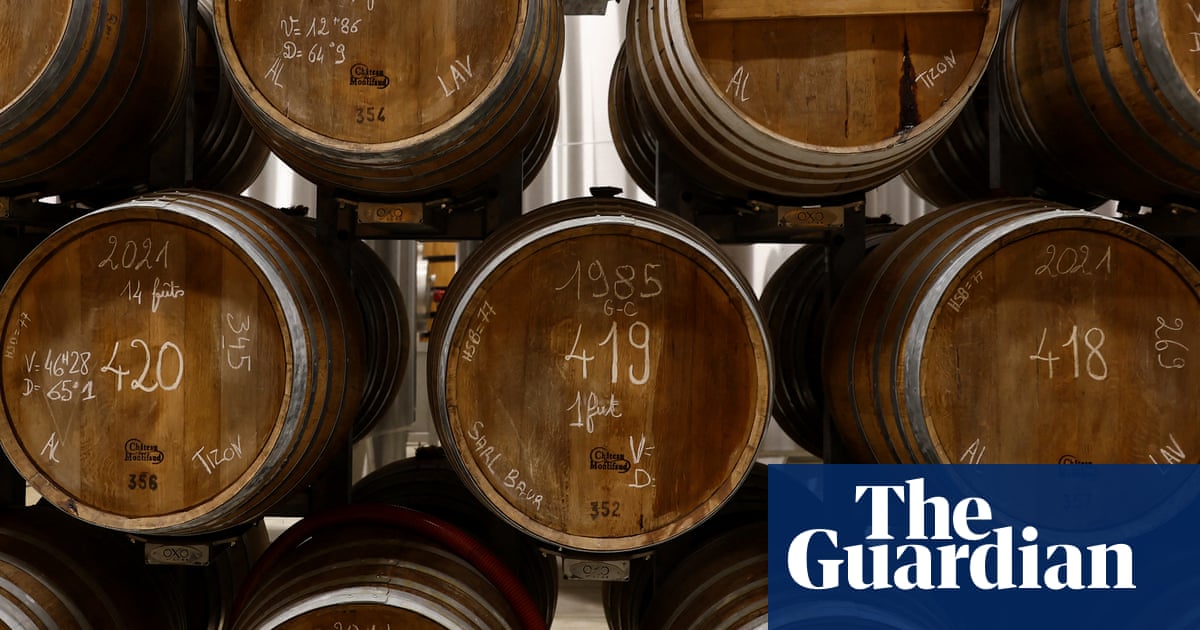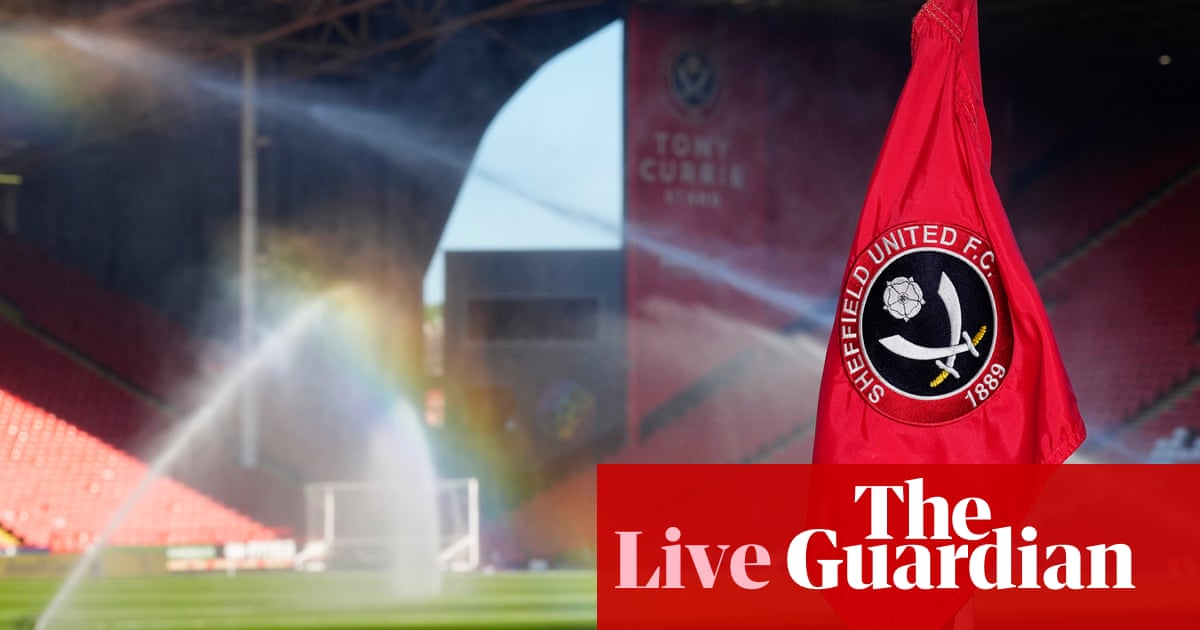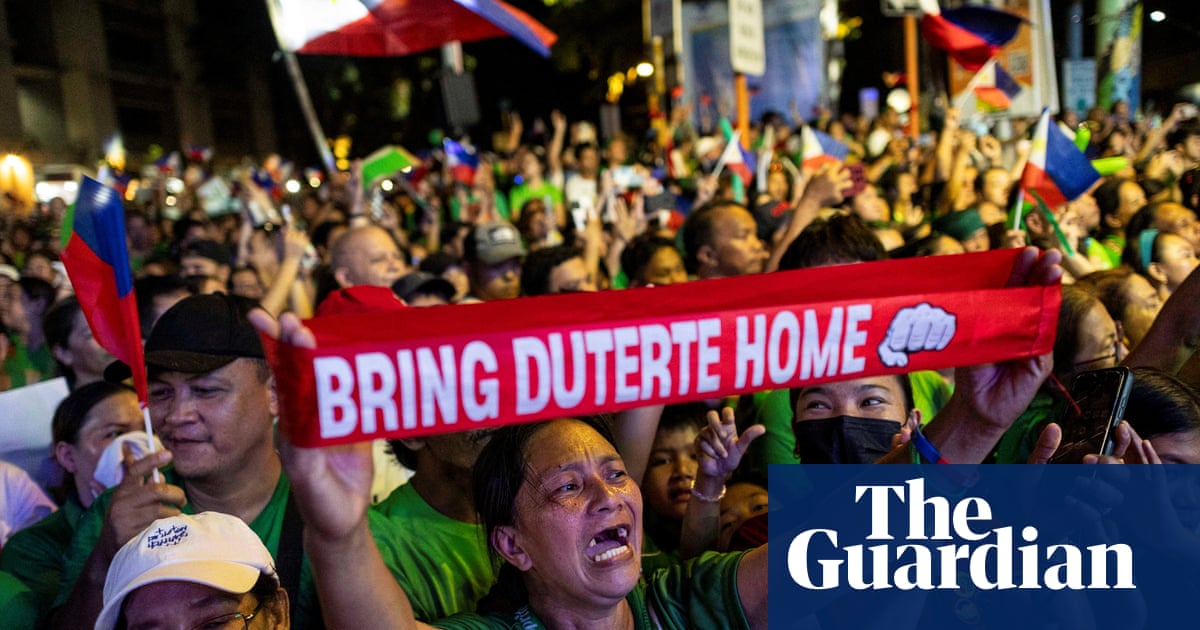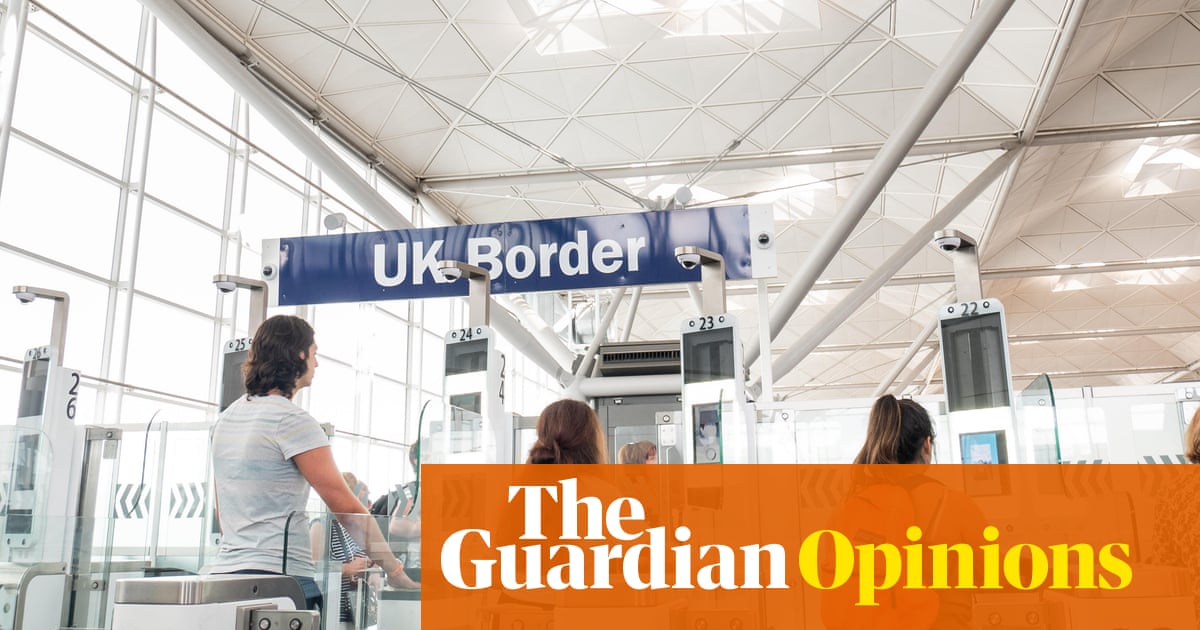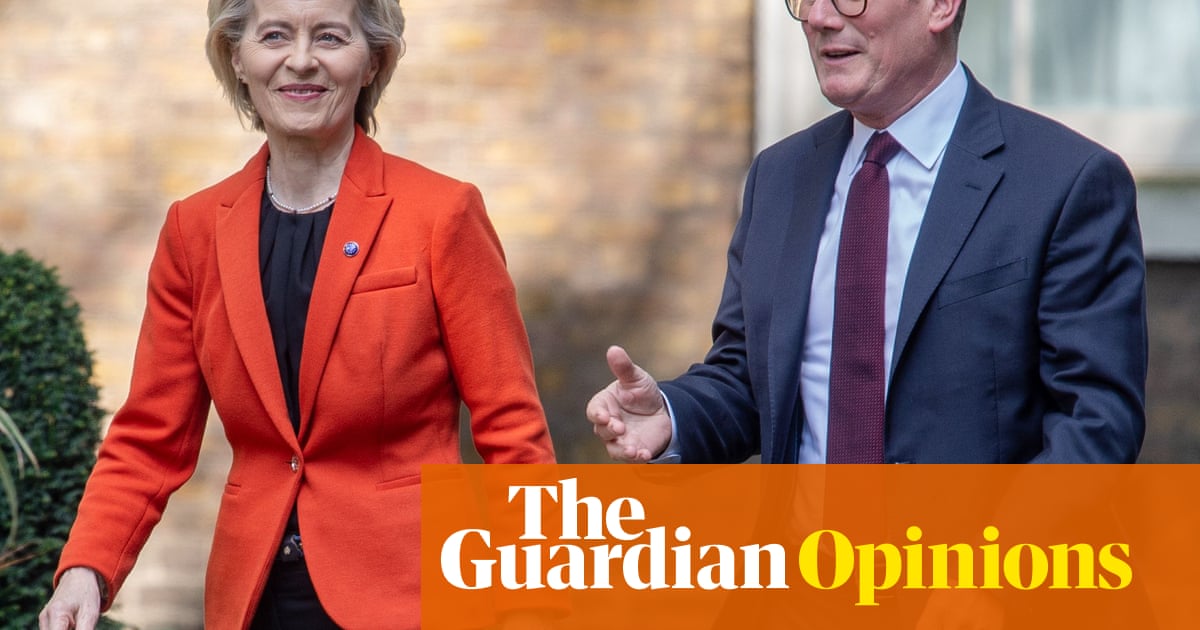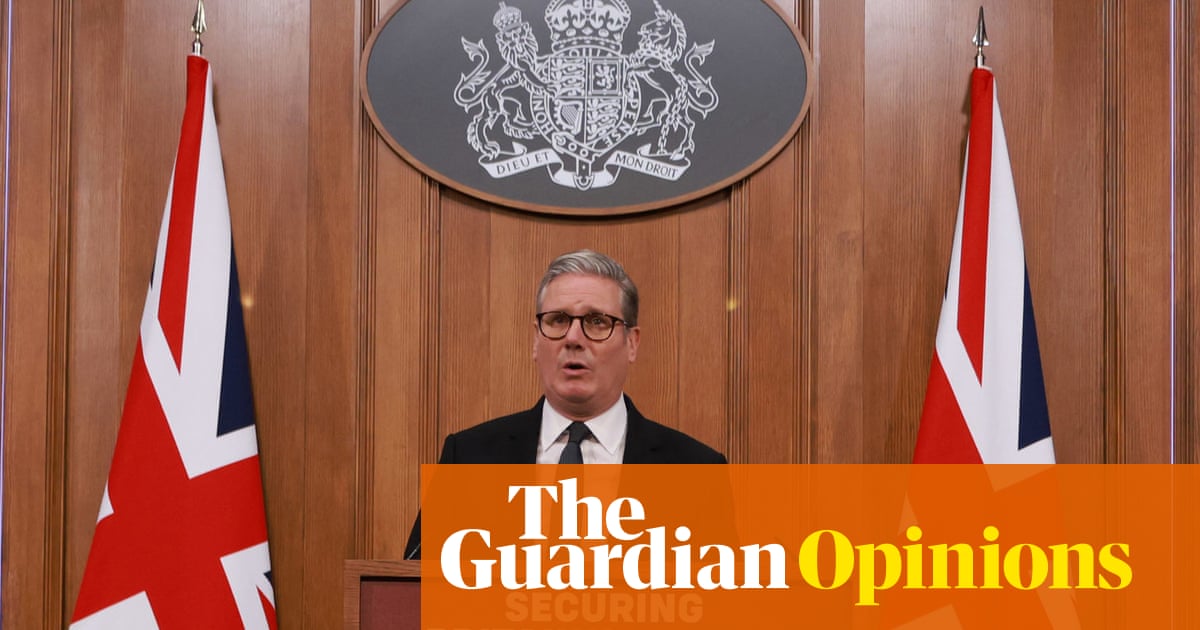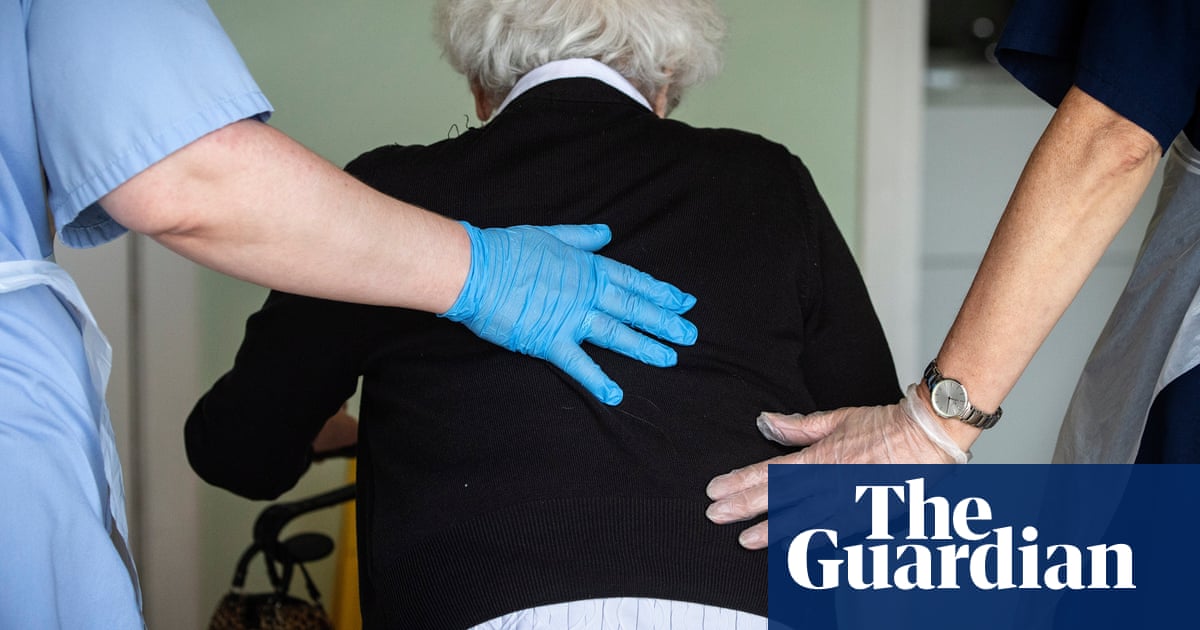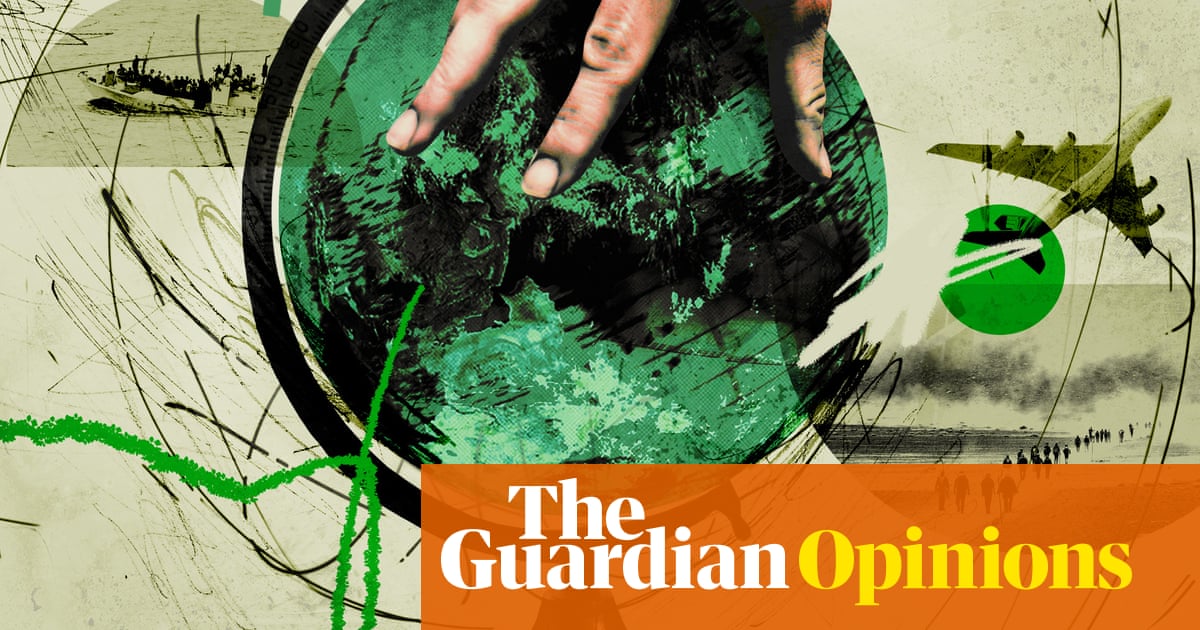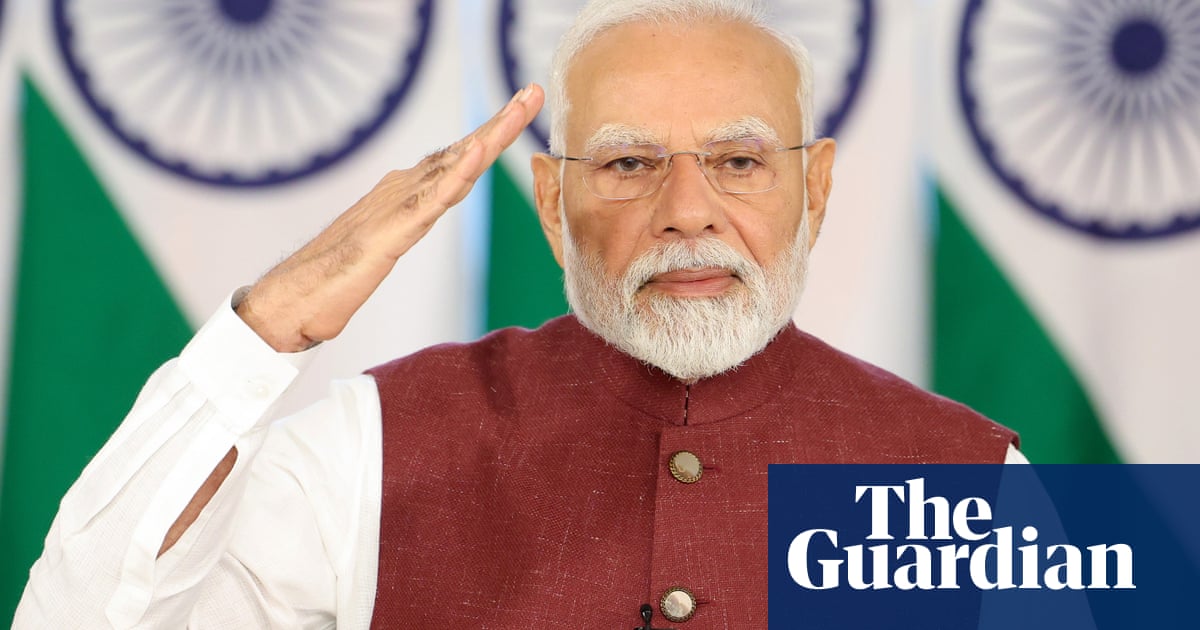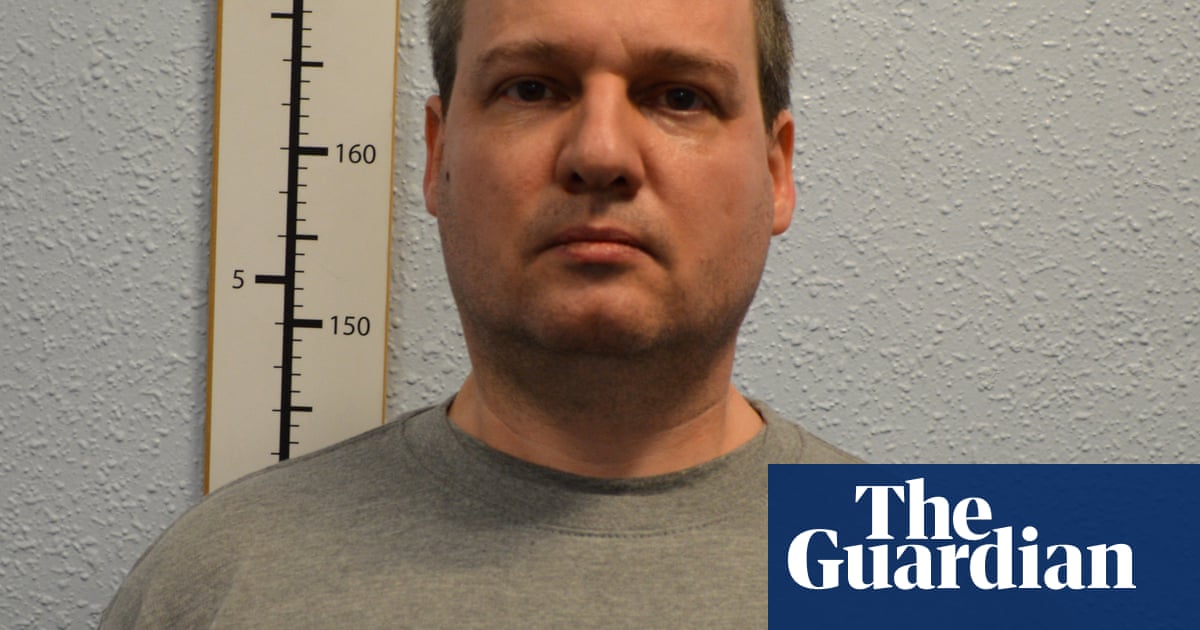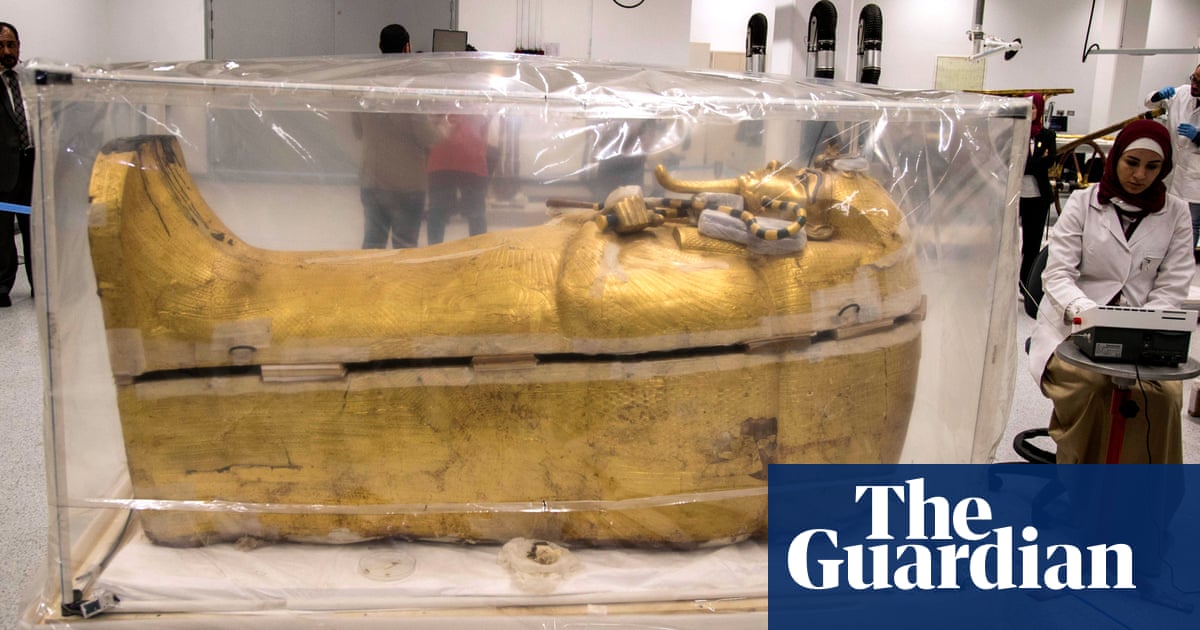Campaigners have warned the world’s largest metals market, the London Metal Exchange (LME), that it could be breaking the law by allowing the trading of copper from one of the world’s most controversial mines.
The way the metal is produced at the Grasberg mine in the highlands of Papua, Indonesia, an ongoing conflict zone, is so environmentally destructive it would be illegal almost anywhere else in the world, they say.
Yet products containing copper from the Grasberg mine such as cathodes are sold every day on the London exchange, which describes itself as “the world’s centre for industrial metals trading” and from there they go into the supply chains crisscrossing the globe.
Situated in the western highlands of the island of New Guinea, in the midst of the world’s third-largest remaining rainforest, the Grasberg mineral district is one of the world’s most important sources of copper and gold.
But since its development in the late 1960s, the mine has been allowed to use a so-called “riverine tailings management system”, through which it disposes of an estimated 200,000 tonnes of mining waste a day directly into the headwaters of the Ajkwa river delta.
Ore from the mine is ground down to the consistency of fine sand and mixed with water to produce a slurry treated with chemicals that make the gold, copper and silver minerals within rise to the top.
After the commercial minerals are skimmed off, the remaining finely ground rock particles – known as tailings – are dumped into a river next to the site, from where they flow downstream into the Ajkwa delta flood plain.
The mine’s operator, PT Freeport Indonesia (PTFI), says it has “designed and constructed a system of levees to manage the deposition of what will ultimately be about 3bn tonnes of tailings” by the end of the mine’s life, in 2041.
People indigenous to Papua claim their communities have been racked with poverty, disease, oppression and environmental degradation since the mine began operations in 1973.
An analysis of the mine’s tailings waste published in 2020 found it contained contaminants including arsenic, cadmium, lead, mercury and cyanide, and a 2016 study in Nature found that the sheer volume of the waste was leading to “forest inundation and degradation of water bodies critical to Indigenous peoples”.
One tribal chief from the area said in 2016 that tailing sediment from the mine had raised the riverbed by his village, suffocating the fish, oysters and shrimp on which his people’s diet and economy are traditionally based.
PTFI argues, however, that “regular reviews … continue to conclude that it is the best management option given the specific physical and environmental conditions of the project area. Annual environmental audits, including audits by external parties every three years, ensure that the tailings management program is functioning as designed.” It says it has also implemented numerous programmes to compensate for the community’s loss of services and resources from the area now used for tailings deposit.
On Monday, campaigners from the London Mining Network (LMN) and the Global Legal Action Network (GLAN) wrote to the LME and its regulator, the Financial Conduct Authority (FCA), to warn that trading copper produced at Grasberg could amount to money laundering.
They say that disposing of the mining waste in this way would constitute a serious offence if it took place in the UK, and so copper produced at the mine could be considered to be “criminal property” under the Proceeds of Crime Act (POCA).
“The London Metal Exchange is the world centre for metals and critical minerals trading,” said Stéphanie Caligara, a lawyer with GLAN.
“As humanity’s reliance on metals like copper intensifies in the pursuit of the ‘green transition’, the exchange has a legal duty to ensure that the metals traded on its exchange are not produced on the backs of environmental crimes.
“It also has a critical role in safeguarding the integrity of global supply chains. As the exchange’s regulator, the FCA must investigate any suspicion of laundering of proceeds of crime trading on the exchange.”
In their letter, the campaigners tell LME that it is obliged to inform the National Crime Agency of any suspected money laundering taking place on its exchange, so that it can investigate. Last year they attempted to judicially review the trade in Grasberg copper on the platform, but a judge told them they must raise a complaint directly with the LME and the FCA before that kind of legal action could be taken.
Caligara said: “GLAN has identified similar patterns with mining corporations operating in Brazil, Peru, Guinea and the Russian Federation to name only a few and trading their products on the London Metal Exchange.
“If successful, GLAN and LMN’s action might force these companies to revisit too the way they produce metals in these countries. This in turn could lead to reduced environmental harm linked to mining and drastic improvement of the livelihood of communities affected by these operations.”
According to its website, the LME says that since the beginning of 2024 any products listed on its exchange must comply with responsible sourcing requirements outlined by the Organisation for Economic Co-operation and Development and the International Organization for Standardization.
It is understood that even if the exchange had raised concerns over the production of any product it lists, it would not be able to make those concerns public.
A spokesperson for the exchange said: “The LME takes its regulatory obligations seriously, and has appropriate measures in place to comply with such obligations, including in respect of POCA.”
PTFI did not respond to a request for comment.

.png) 3 months ago
31
3 months ago
31
